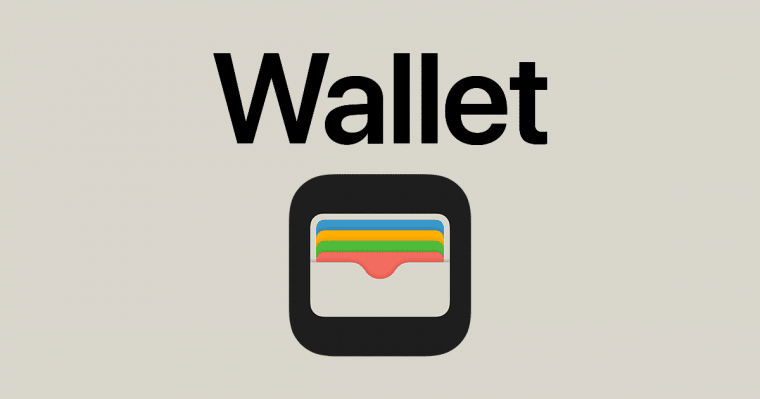
Over the past decades, phones have shrunk from the size of bricks with little utility to super computers that everyone carries in their pockets. Now, it seems Apple’s wallet app onis undergoing some changes.
Code doesn’t lie: developers discover it may be possible to delete the wallet app
On Tuesday, Apple released the seventh beta version for developers to examine iOS 16.
This is a standard process in which developers can examine the code and choose to make suggestions and changes if they believe that Apple could benefit from it. In extreme cases, there are even bug bounties for developers who report errors.
This update contained nothing particularly groundbreaking, other than that a few specific lines of code may allude to the possibility of deleting the wallet app entirely in future versions of the operating system.
At the moment, the wallet is installed into iPhones by default, and users have the choice to hide the wallet app, but they cannot delete it.
This has caused a little stir in the Apple community, who are wondering exactly why Apple might wish to give the users this functionality in iOS 16.1.
The European Commission levies antitrust charges against Apple
Earlier this year, the European Commission decided to levy antitrust charges against Apple.
The concern of the commission is that Apple’s monopolistic power in the smartphone space has become so pervasive that they are actively stopping other companies from innovating and competing.
If so, this could be perceived an abuse of the power that comes with Apple’s size and responsibility.
These aren’t the only PR issues that Apple has had to deal with with regard to privacy. Despite promising that theirs users’ data was secure, there have been numerous reports of Apple entering into shady deals to profit of their users’ data.
What makes this entire debacle so much worse is that Apple has far more excess cash than they are currently able to spend, which means that compromising on their hitherto highly-held values was because of a desire for blatant profiteering.
Apple unveils “Tap to Pay”, but still restricts third parties
Earlier this year, Apple released “Tap to Pay”, which was designed to allow third party apps to make use iPhones as payment terminals.
Last month, it was announced that the company would be investing further into supporting third party providers, and was working to implement greater browsing compatibility with third party browsers such as Google Chrome and Microsoft Edge.
However, this has come under scrutiny as well. Despite starting testing for third-party providers, Apple have shown no willingness whatsoever to allow external payment apps to access a device’s NFC stack directly.
This could be because Apple simply wants to retain the most cutting-edge technology for themselves to give themselves an Edge, but there are also less nefarious reasons. For example, it could simply be that Apple are simply being cautious and don’t want to expose their users to unnecessary risk.
Is Apple entering the world of crypto?
Whether or not Apple will enter the world of crypto has been a hotly-discussed topic over the past few years, and now that crypto has become so mainstream it seems like an inevitability and a question of “when” rather than “if”.
There are many ways that they could choose to do this as a tech giant. One of the ways that Michael Saylor has most frequently suggested is that Apple could implement a Bitcoin wallet natively into its platform. This would make it possible, when integrated with existing iPhone messaging infrastructure, to send people BTC as easily as you text them.
Such an integration would gives hundreds of millions of people around the world instantaneous and frictionless access to the Bitcoin network and provide people with a superior form of property rights.
Apple could even expand its wallet offering to make provisions for NFTs and DeFi, and would instantly capture huge market share against several opponents. NFT marketplaces like OpenSea and crypto exchanges like Coinbase could be challenged very easily by the tech giant, if Apple chose to .
Another way that Bitcoin could be useful for Apple as a company would be to solve their problem of owning too much fiat: over the past few years Apple has built huge cash reserves, which haven’t been the best thing to own over the past few years given the inflation and opportunity cost of owning assets.
Over the long term, it seems that the current iteration of Apple’s wallet will evolve heavily – exactly which direction Apple will take remains unknown.
Relevant news:
- Warren Buffett Adds More Apple Shares in an Otherwise Muted Q2
- Apple Stock Continues to Defy Slowdown Chatter: Can the Party Continue?
Tamadoge - The Play to Earn Dogecoin
- '10x - 50x Potential' - CNBC Report
- Deflationary, Low Supply - 2 Billion
- Listed on Bybit, OKX, Bitmart, LBank, MEXC, Uniswap
- Move to Earn, Metaverse Integration on Roadmap
- NFT Doge Pets - Potential for Mass Adoption